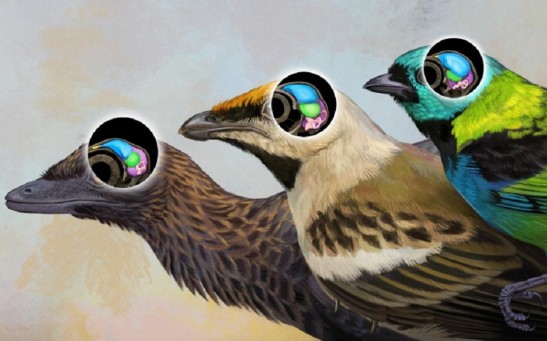ENVIRONMENT & CLIMATE

Can Nature's Animal Blueprint Unlock Human Longevity? RMI's Breakthrough in Stem Cell Therapy

LED Strip Lights on Surfboards May Help Prevent Great White Shark Attacks, Study Finds

Glowing Sea Creature Found Miles Below Ocean Surface

The Role of Technology in Achieving Net Zero Emissions: From AI to LCA Tools

Mass Extinction Event That Could Wipe Out Humans, Mammals Predicted to Happen When Continents Combine Together

Cloned Black-Footed Ferret Gives Birth to Two Healthy Kits

Newly Discovered Mammal 'Heleocola piceanus' Was a Swamp Dweller Coexisting With Dinosaurs

Arctic Temperature Slowdown May Curb Arctic Warming by 2°C, But Risks Remain

Ancient Fossil Found in New York Shines Like Gold, Revealing a 450-Million-Year-Old Species

Halloween Staple Jack-O-Lantern History and Origins Explained

Do You Believe in Ghosts? Psychologist Explains Reason Behind Paranormal Beliefs

Cold, Not Heat, Caused Mass Extinction 201.6 Million Years Ago: New Study

Water from Earth's Surface Could Be Leaking to Core

Ancient Mini Dinosaur Eggs Uncovered in China: Could They Belong to a New T. Rex Relative?
Most Popular

November’s Beaver Moon: Final Supermoon of the Year Peaking Mid-Month

HIPAA Compliance in the Age of Big Data

Cloud Adoption and Migration Best Practices Key Points to Include

Rare Fossil Reveals Key Clues About Evolution of Bird Brains from Dinosaurs






